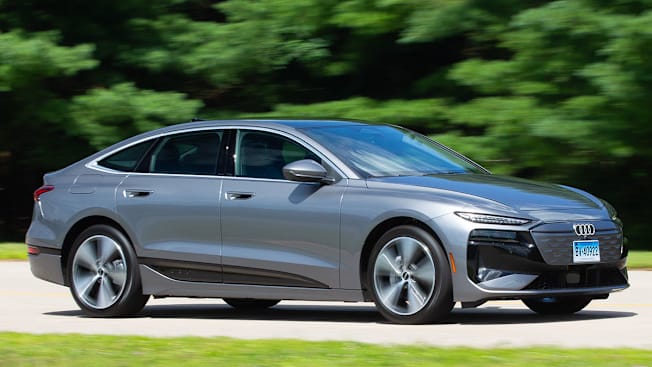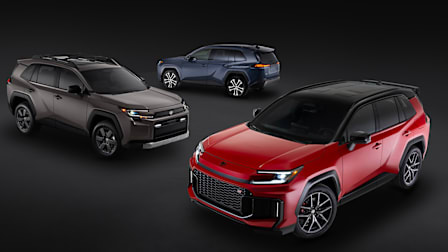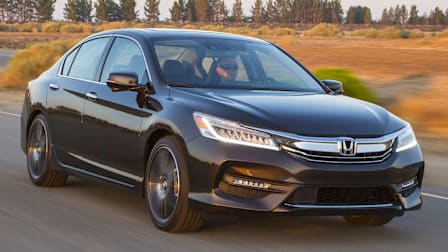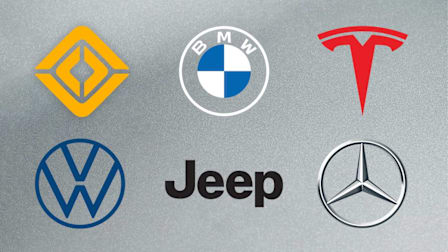The rear-drive version uses a 375-hp single electric motor, while the all-wheel-drive A6 E-Tron Quattro has two electric motors that combine to produce 456 hp. S6 E-Trons utilize two electric motors to deliver 543 hp. All models use a 94.4-kilowatt-hour battery.
The EPA-estimated driving range for the RWD A6 E-Tron is 392 miles when fitted with the 19-inch wheel and tire package (20-inch wheels are standard), which helps to maximize range. All-wheel-drive versions like ours are rated at 333 miles, although Audi claims that versions with the smaller 19-inch wheels have a longer range. The performance-oriented S6 has a shorter range of 324 miles. All three are marked improvements over prior Audi EVs, and are among the longest-range EVs available today.
Like the Q6 E-Tron, the A6 E-Tron uses an 800-volt architecture enabling rapid battery replenishment at public DC fast chargers. With a maximum 270 kW fast-charging capability, it can potentially charge twice as fast as some competitors. The automaker claims that under optimal conditions, the battery can go from 10 percent to 80 percent in about 21 minutes of charging, which would put it among the fastest-charging EVs available.
While the interior design is restrained, it suffers from the same reliance on screens as most electric vehicles. The driver gets an 11.9-inch display, while the infotainment system is accessed via a center-mounted 14.5-inch touchscreen, with the right side curved toward the driver. Both screens are fitted behind a bezel that gives the appearance of one single unit. Only the top Prestige trim gets the 10.9-inch screen on the right side of the dashboard, which allows the front-seat passenger to stream video content, among other functions.
This is our initial assessment of the A6 E-Tron, which we anonymously purchased from a local dealership, and not our final review. We chose a Quattro Premium Plus because it is the trim level that Audi says most consumers will purchase. It includes features such as adaptive cruise control with assistance, which keeps the car centered in its lane and will slow the car to a stop and then accelerate in traffic, along with an augmented reality head-up display.
Now that we have completed 2,000 break-in miles, the EV is in our official test program. This program consists of more than 50 tests at the CR Auto Test Center, including empirical tests of acceleration, braking, handling, driving range, and usability. CR members will have access to the full road-test results as soon as they’re available.
What we bought: 2025 Audi A6 Sportback E-Tron Quattro
Powertrain: 456-hp, dual electric motors; 100-kWh battery; all-wheel drive
MSRP: $68,350
Options: Typhoon Gray metallic paint, $595; Premium Plus (adaptive cruise control, Bang & Olufsen sound system, augmented head-up display, heated steering wheel, heated rear seats, LED headlights, park assist plus, top view camera), $3,900; Warm Weather Package, $1,150; Audi Guard Protection Kit, $350; Audi Beam Rings, $295; Wheel Lock Kit, $130
Destination fee: $1,295
Total cost: $76,065





















